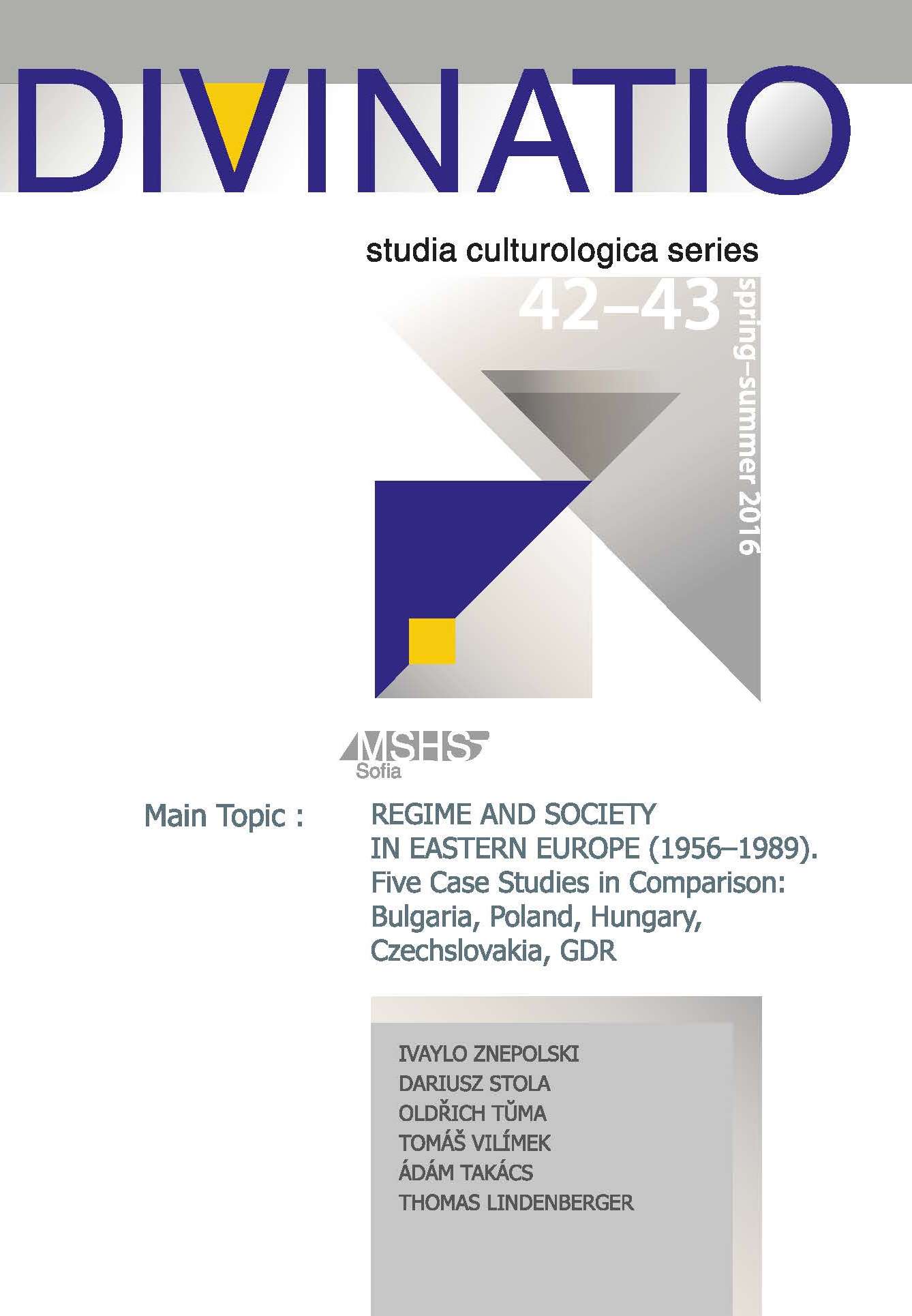
We kindly inform you that, as long as the subject affiliation of our 300.000+ articles is in progress, you might get unsufficient or no results on your third level or second level search. In this case, please broaden your search criteria.






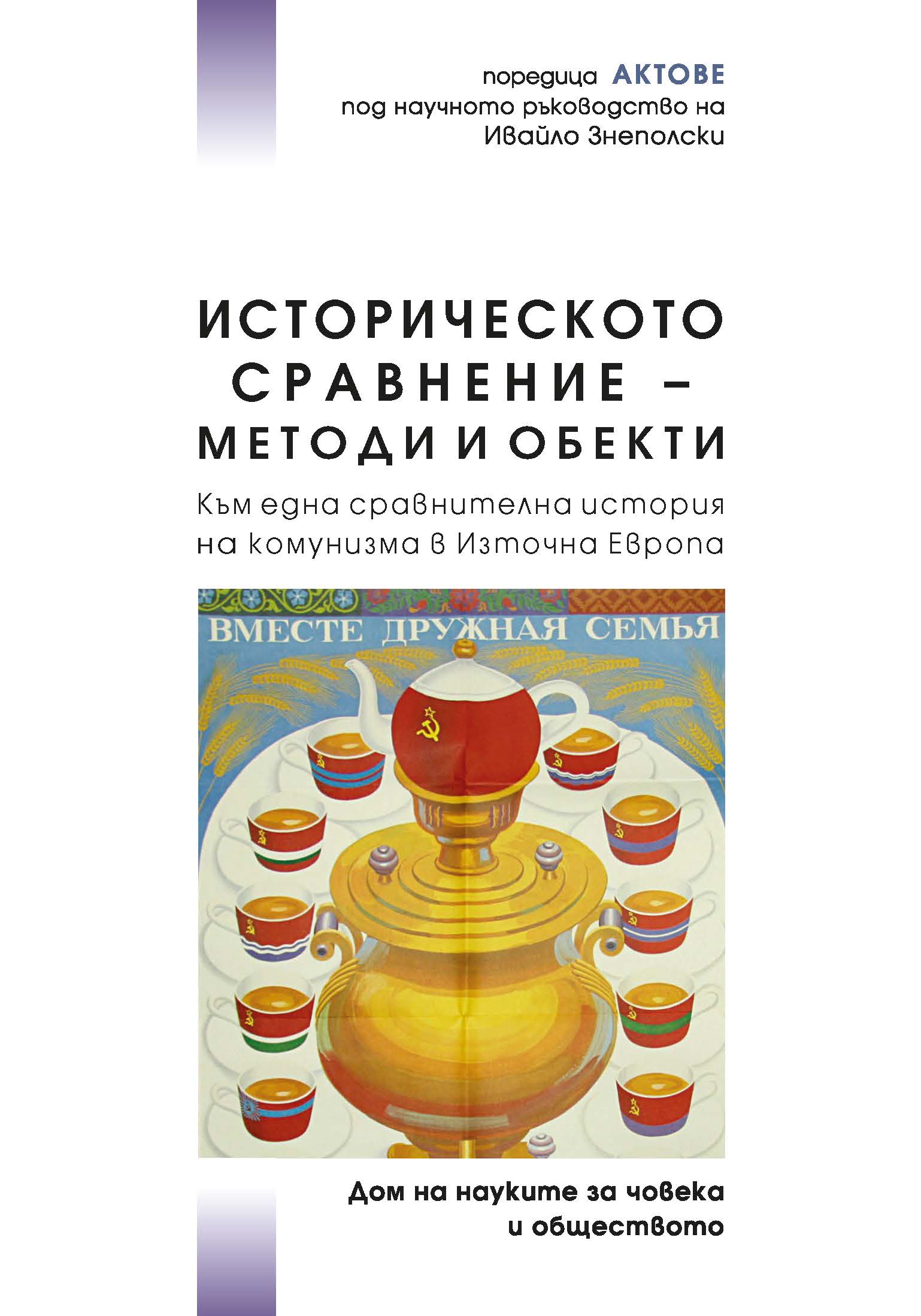




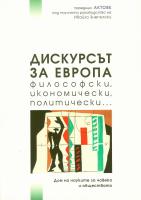
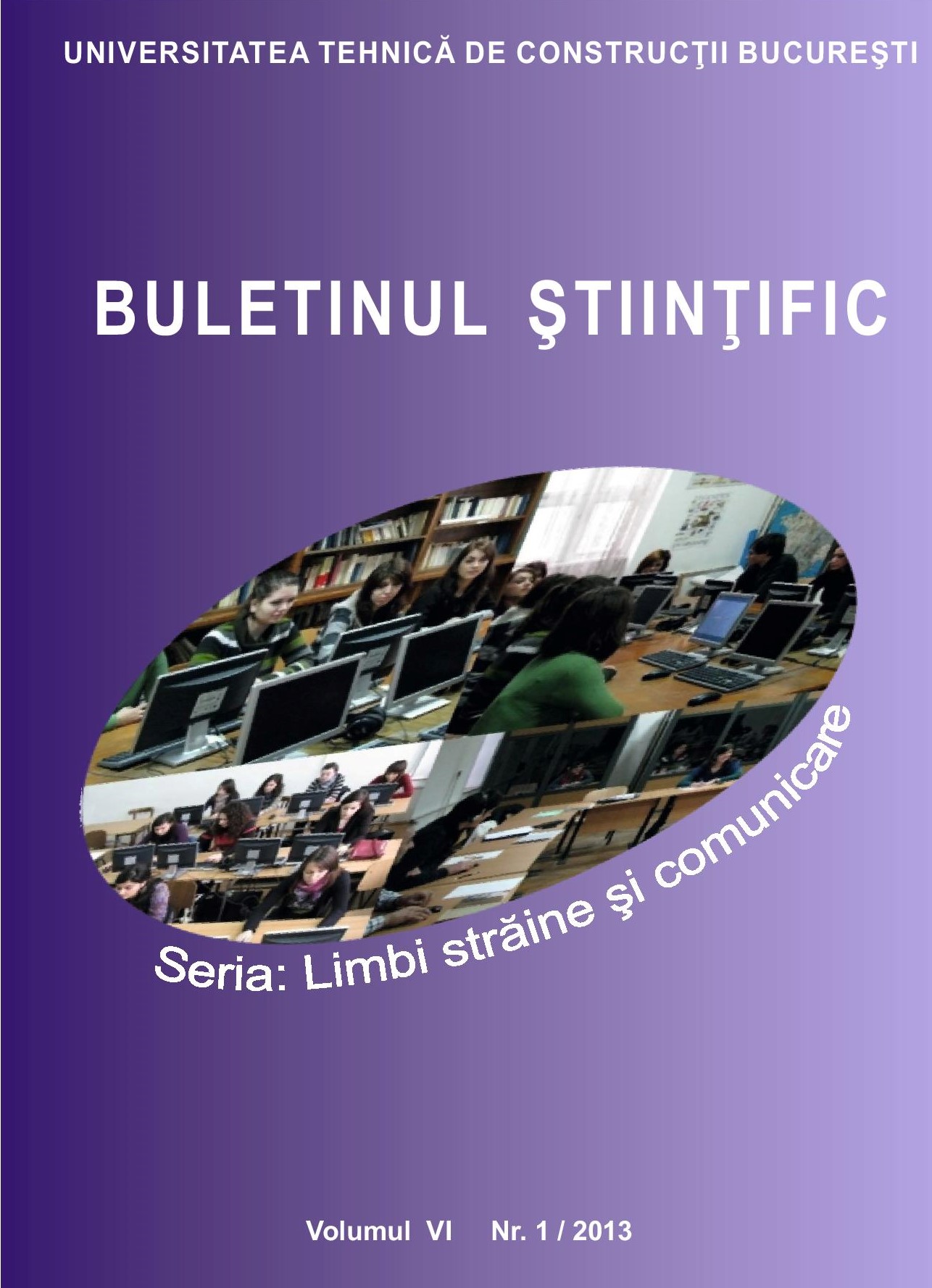
The present article aims at introducing Edward de Bono’s “Six Thinking Hats” method and the way it is applied to the system of education. This method can be applied in various ways and contexts, but the aim is to illustrate how it can be used in the classroom to enhance and develop creativity. In order to find solutions, the method consists in analyzing the situation from various points of view.
More...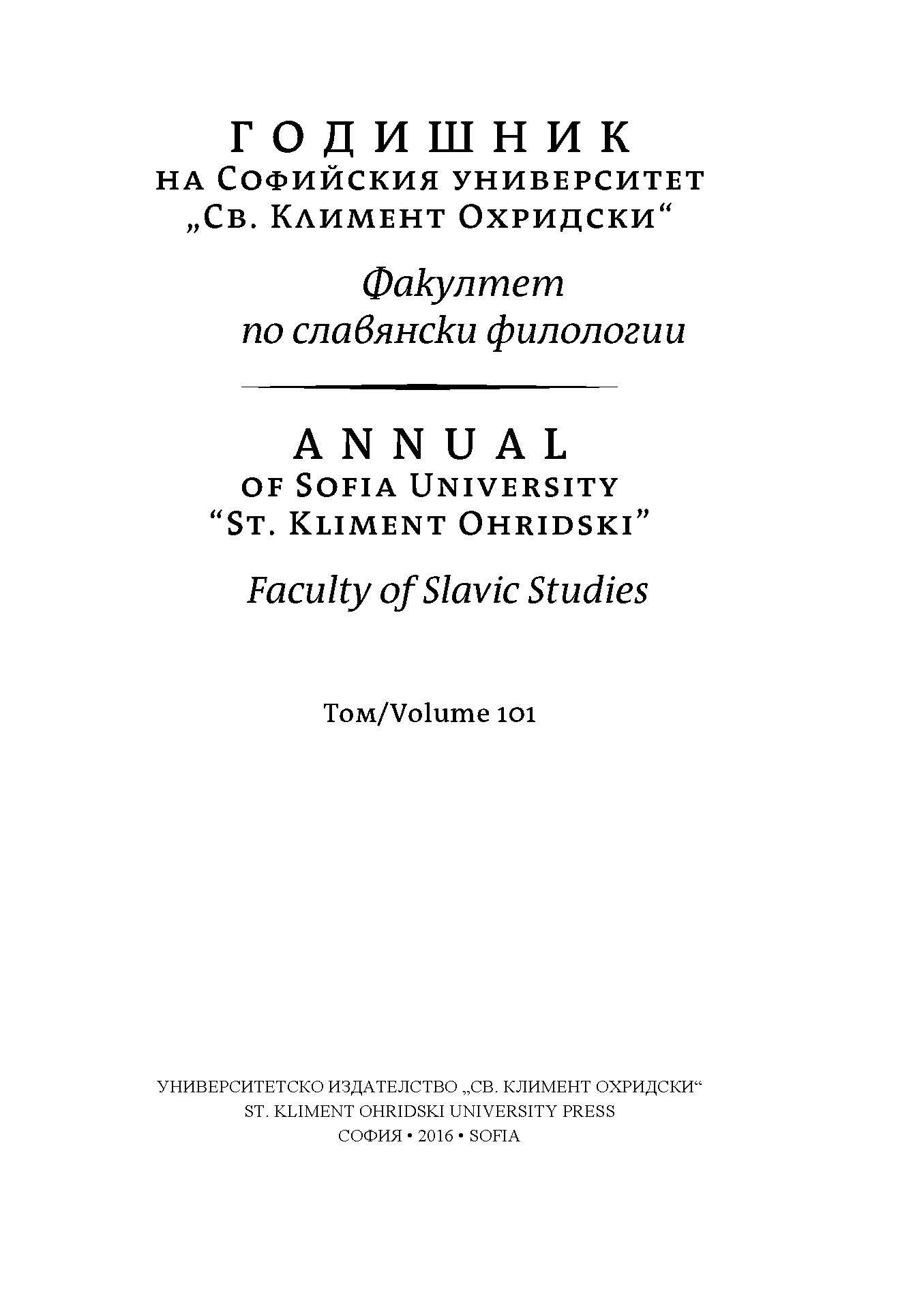
Focusing on the modern Bulgarian culture in the period between 1878 and 1944, this article explores the role of modern nationalism in forming the special attitudes in Bulgarian society towards values of traditional culture. The main accent is put on the place of National ethnographic museum as a key element of creating and spreading the knowledge about the romantic past of the nation and its significance as a cultural heritage in the present. The next topic in the analysis is closely connected to the question of how museum acted as a mediator in the field of culture in the examined period. Why the modern Bulgarian urban population decorated its homes with things that are similar to (or the same as) the traditional ones, what was accepted as original and where is the place of the aesthetic – these are amongst the principal questions in the article.
More...

The article shows the weakness of mainstream Polish political science. Its main weakness,according to the author, is omitting the industrial and corporate power conflict among the factorsdetermining the contemporary politics. As a result, the relations between political science andpolitical economy have become weak. Its place as a source of inspiration for political scientists hasbeen taken by social philosophy. It seeks the various non-economic sources of politics. Thepostulated critical political science puts in the spotlight the main processes of the global capitalisteconomy located in a phase of stagnation and closing in on the natural limits of its duration. Inparticular, closer attention should be focused on tracking a new, already the fifth configuration ofthe market society. It will be the several partial processes weave; the recovery process of autonomyby the state to corporations and the financial sector (deglobalisation); the process of recoveringcontrol of the state by the old and new social movements (democracy participatory), and the processof transformation of the energy economy, coupled with the process of changing lifestyles: fromconsumerism to paideia as a human community responsive to
More...
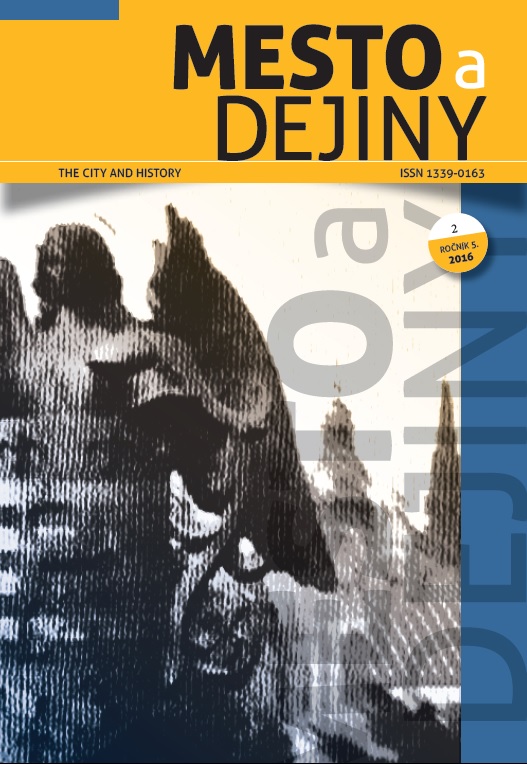
HORIZON 2020 MARIE SKŁODOWSKA-CURIE, INNOVATIVE TRAINING NETWORK, EUROPEAN JOINT DOCTORATE PROGRAMME URBANHIST. HERITAGE AND GENEALOGY. THE CONFERENCE OF YOUNG HISTORIANS VI : MIGRATION PROCESSES IN EUROPE’S HISTORY. CRISIS OR THE DAWN OF CIVILIZATION? FACTS, INTERPRETATIONS, MEMORY – WORKSHOP FOR THE STUDENTS OF HISTORY. CURRENT RESEARCH QUESTIONS OF THE MINORITY POLICY AND ETHNIC RELATIONS IN THE 20TH AND 21ST CENTURY. PRICE OF VICTORY”. ABDUCTED CITIZENS FROM SLOVAKIA AND NEIGHBORING COUNTRIES INTO THE USSR IN THE YEARS 1944 – 1945.
More...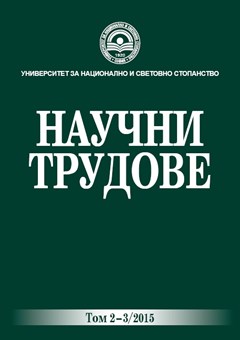
The paper outlines basic elements of the sociological analysis of economic inequalities. The baseline argument of the paper is that economic inequalities are a sociological concept which carries different content in comparison with economic differentiation and heterogeneity of incomes, which in turn are most often perceived as direct proxies of economic inequalities. The theoretical analysis of the concepts of economic differentiation and economic inequality made is focused on their specific interpretation schemes and measurement strategies and methods. The main problematic areas of classic measures of economic differentiation and are outlined including an analysis of most common research findings. The focus on the sociological analysis of economic inequalities (interpreted as status distances between economic roles and resources associated with these roles) includes the principle aspects of this analysis and a comprehensive research program (including concepts and indicators). Some methodological conclusions regarding the interpretations of economic inequalities are made, based on three ISSP surveys (1992, 1999, and 2009). Also based on empirical data some of elements of the outlined research program with regards to Bulgaria are explored: economic differentiation (Gini and extraction ratio), status identification its relationship to subjective social class, etc.
More...![Book review: Edward Olszewski, Bogusław Zieliński (eds.), Spotkania polsko-chorwackie [Polish-Croatian Meetings], Wydawnictwo Adam Marszałek, Toruń 2014..](/api/image/getissuecoverimage?id=picture_2015_31857.JPG)